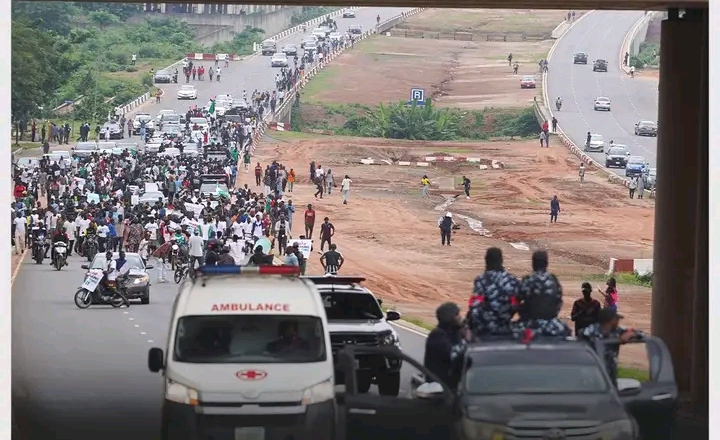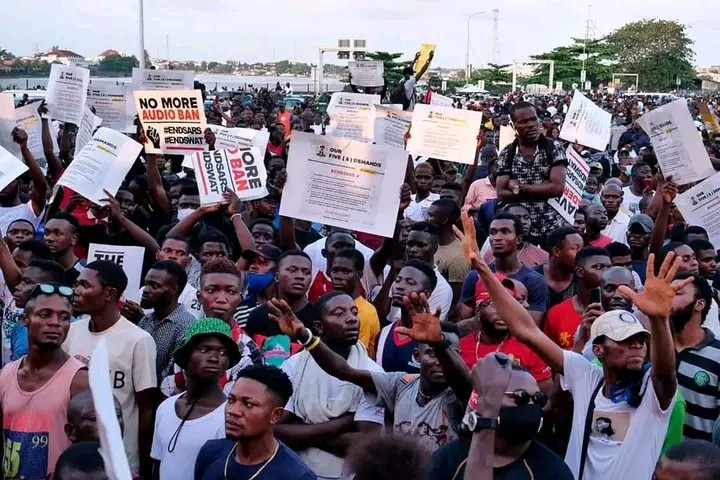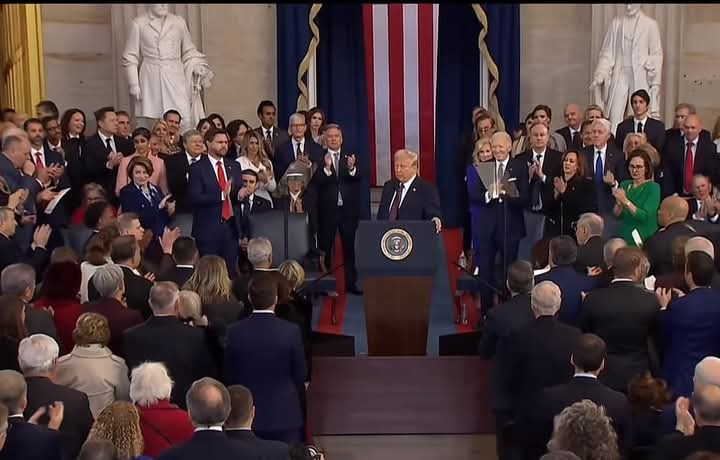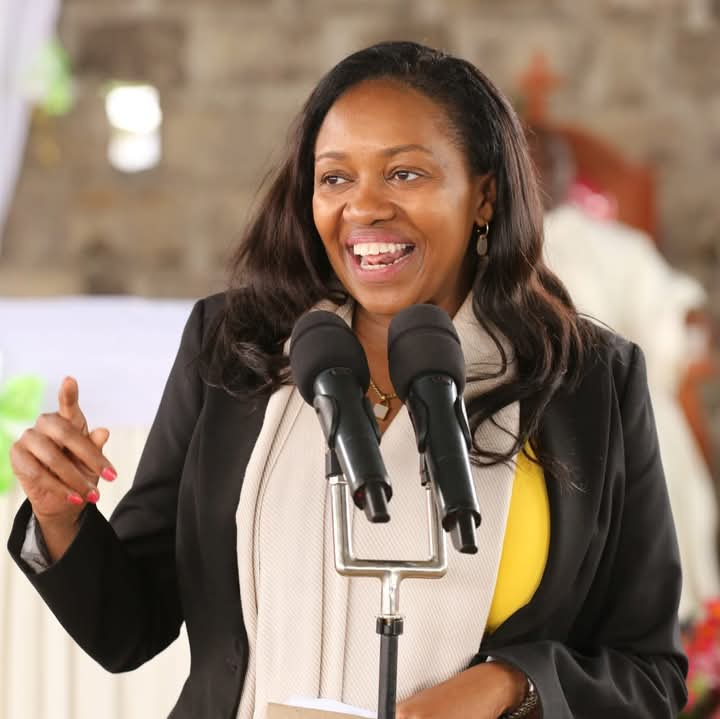
As of August 3rd, 2024, Nigeria reports its third consecutive day of nationwide protests against hunger and economic hardship. What began as peaceful demonstrations have escalated in some areas, with reports of clashes between security forces and protesters.
Key News:
- Widespread Demonstrations: Major cities across Nigeria, including Lagos, Abuja, and Port Harcourt, continue to see large gatherings of citizens demanding action on food prices, unemployment, and government spending.
- Violence Erupts: Clashes have been reported in Agbor, Delta State, and Abuja, the Federal Capital Territory. Eyewitness accounts and video footage show security forces using tear gas and live ammunition against protesters and journalists.
- Casualties Reported: At least 17 people are feared dead in various locations, including Abuja, Kano, Niger, Borno, Kaduna, and Jigawa states.
- International Attention: The protests have garnered global media coverage, with organizations like AP and VOA reporting on the unfolding events.
- Shifting Narratives: What started as the #EndBadGovernanceInNigeria movement has evolved in some areas. Lagos is seeing a controversial #IgboMustGo hashtag, while protesters in Kano have been seen raising Russian flags.
Protesters’ Demands

The protesters demands the following from the government:
- Address rising food prices and inflation
- Combat unemployment and poverty
- Tackle insecurity and terrorism
- Reduce government spending
- Improve overall governance
While some praise the Nigerian Police Force for their handling of the protests, others criticize the use of force against demonstrators. Calls are mounting for President Bola Ahmed Tinubu to address the nation’s concerns and implement immediate economic reforms.
Abiodun Sanusi, an activist and journalist in Lagos, summarizes the sentiment: “Nigerians are suffering. Nigerians are hungry. Nigerians are angry. […] We are here to just make our grievances known to the federal government.”
The coming days will be crucial in determining the direction of this movement and its impact on Nigeria’s political landscape.



